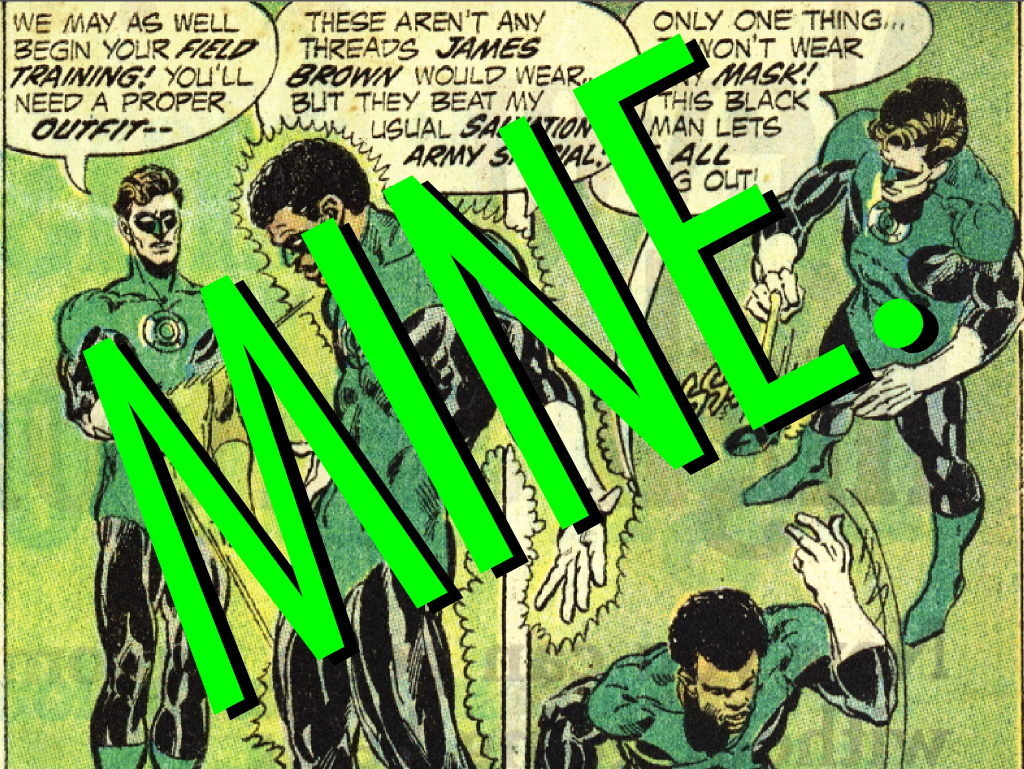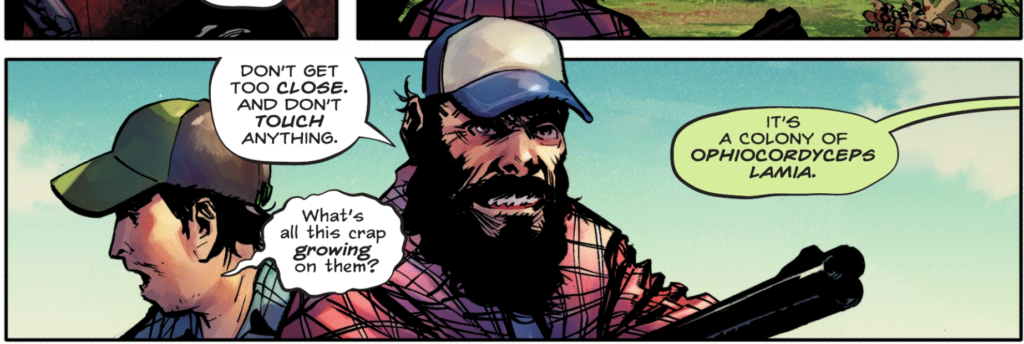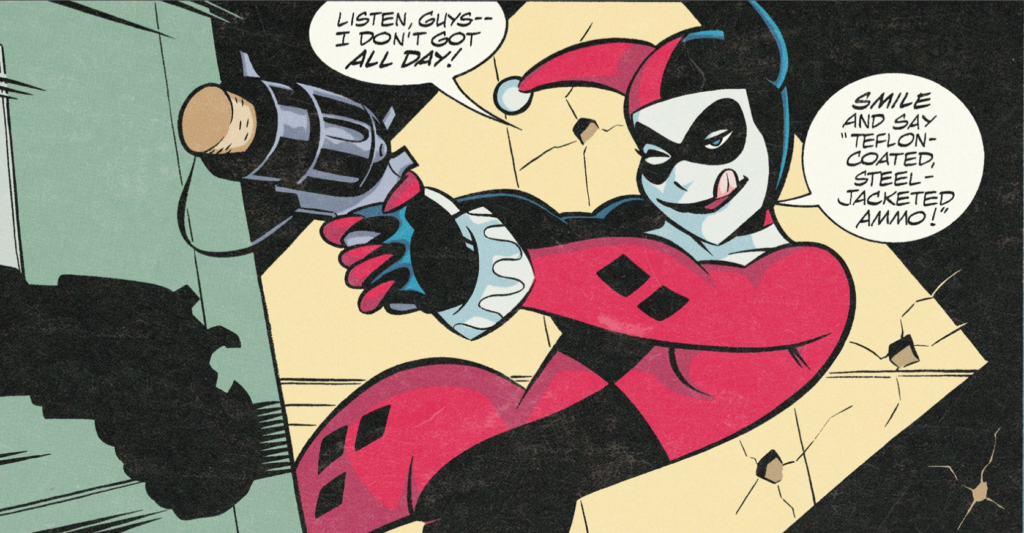I’ve been buying and selling DC comics as NFTs on their marketplace. I can read the comic books and make almost all my money back selling them to the next reader. It’s totally legal and legit, and I’m enjoying it. There’s no particular reason why these have to be NFTs; they could just mark you as the owner in some database somewhere, same way Kindle and Comixology do.
The difference here is that those two marketplaces give you a license to read the comic, and you have no other rights to it at all. DC’s NFT marketplace lets you sell it. Sure, they have false rarities and stuff, and this particular Green Lantern comic in front of this article has been digitally degraded to look old because it is a “common”, low quality copy. Hey, I just wanted the art and the words.
Someone sold an NFT pointing to a digital collage for $69 million a couple years back. It’s come out since that the seller and the buyer knew each other, and the sale might have involved some fancy shenanigans with the money, but that’s not important. The question I have — and have not found the answer to — is what the buyer actually bought. The collage is free to download by anyone. And, if the artist didn’t sign over the copyright of the work to the buyer, then the person who coughed up the $69 million has exactly the same rights to it as anyone else that downloaded it for free — none. No rights at all.
As of this writing, I own an NFT for the issue of Green Lantern that introduces Green Lantern #3, John Stewart. I also own an NFT for the first issue of the new Poison Ivy series, which apparently intends to recap the plot of “The Last of Us”, for some reason. Bad timing on their part. BTW, the show is great.
I’m reproducing these bits here, and why not? They’re my NFTs. I can show them off, right?
Akatooally….. probably not.
I doubt DC is going to come after me, especially since (as I mentioned) I do participate in their NFT marketplace. They want people like me to play in their pool.
But they could come after me if they wanted to, because buying this NFT gets me permission to read the comic and sell it again on their marketplace, and nothing else. I know this because these are the two things they let me do. I don’t think I can even show anyone my collection, so really, even the dubious bragging rights of “owning” an NFT are entirely absent here.
Side note:
These NFTs are hosted on Palm NFT, a database service that mimics the Ethereum programming interface, but is not itself running on the Ethereum blockchain. It’s just a database with extra steps, but at least I’m not burning down a rainforest each time I turn a page. Because it isn’t really on a blockchain, I can’t sell these comics (well, the right to read these comics) on some other exchange, either.
I don’t know why I get so worked up about NFTs. I guess because there’s nothing they can do that you couldn’t do some easier way. People say they bought some art when they haven’t. I doubt any of the money I spent on these comics goes to the original writers and artists.
When I was a kid, if you owned a comic book, it was something you actually had. Mom could take it away, but DC comics wasn’t going to barge into the house and ransack the bookcase, triumphantly holding up whatever torn up comic they managed to find, finally theirs again. (Psych! I read all my comics at the drug store, for free). Well, my cousin’s comic books. He had a lot of them, and they were his, because his parents were well-off and could afford stuff like that. So DC Comics agents could barge into HIS house, etc etc etc.
Thing is, you had it, you could save it, sell it, copy it with Silly Putty, cut it in pieces to make your own adventures, WHATEVER. It’s the same reason I like buying actual physical copies of the retro games I play, even if I end up playing them on an emulator. It’s because I have them, and I can hold them or sell them or whatever. It’s a real thing.
NFTs are no different from any other digital asset. You (in this case, I) own nothing. I could spend my four bucks to see Poison Ivy drift slowly through Kansas, destroying the world, and DC could decide tomorrow to turn it all off, and that’s it. Kindle and Comixology are honest about it. You know you’re not buying anything besides permission to read for as long as they decide that permission lasts. But the DC NFT marketplace makes you think you bought something real — when you haven’t.
I like the whole selling aspect of it, and that’s why I do the whole NFT thing. I can read random issues of the DC library for less than a buck, once I sell it again. My whole problem with DC is that they have one million titles and I have nfc where to pick up a storyline or what is happening, as my life does not revolve around comic books. Here, I can catch up on the plots that were playing out in DC Universe Online, or get more of the backstory behind Harley and Ivy’s relationship (watch the Valentine’s Day special. But not with your kids).
Or, find out how a couple of white guys thought a black guy would talk back in the whenever that Green Lantern comic came out. Like an extra from Shaft, I guess.






